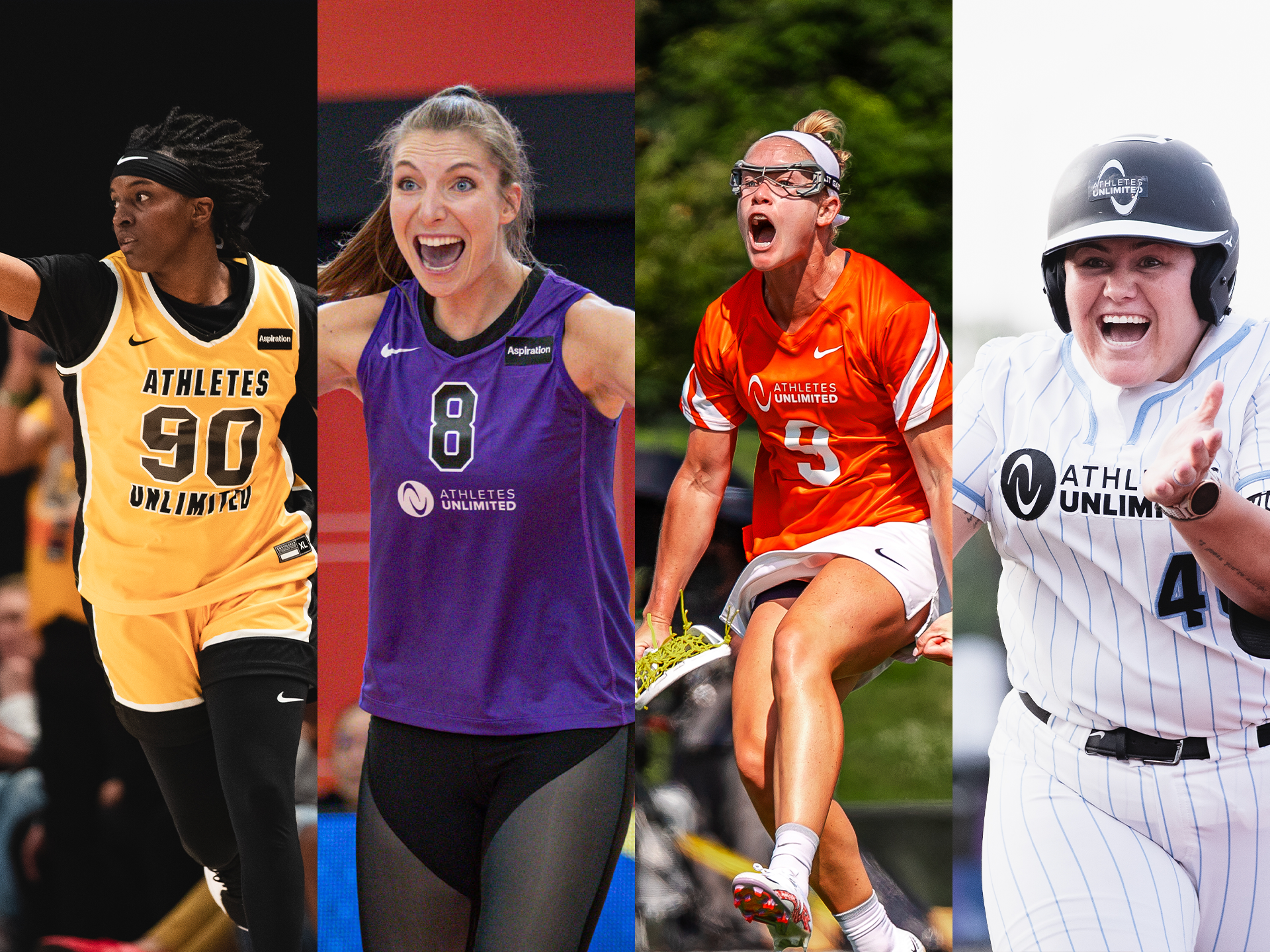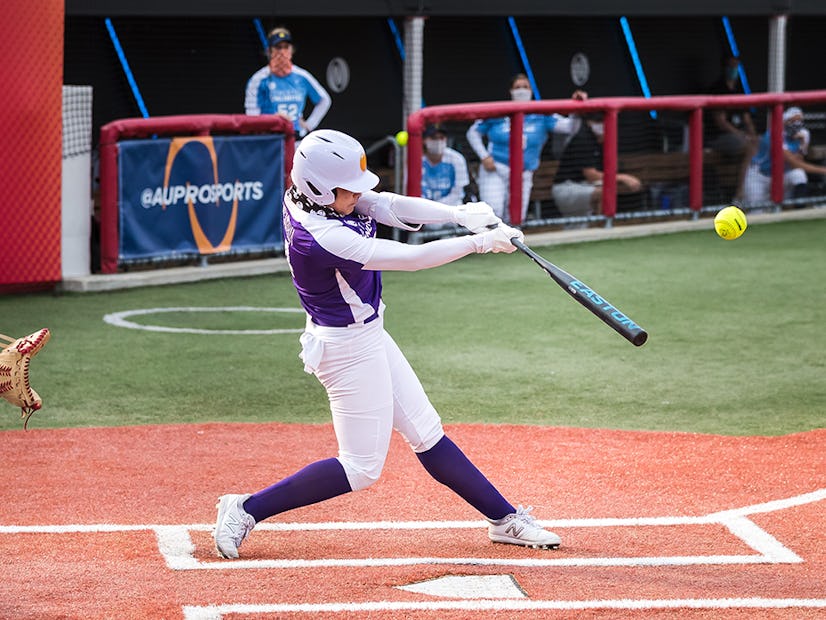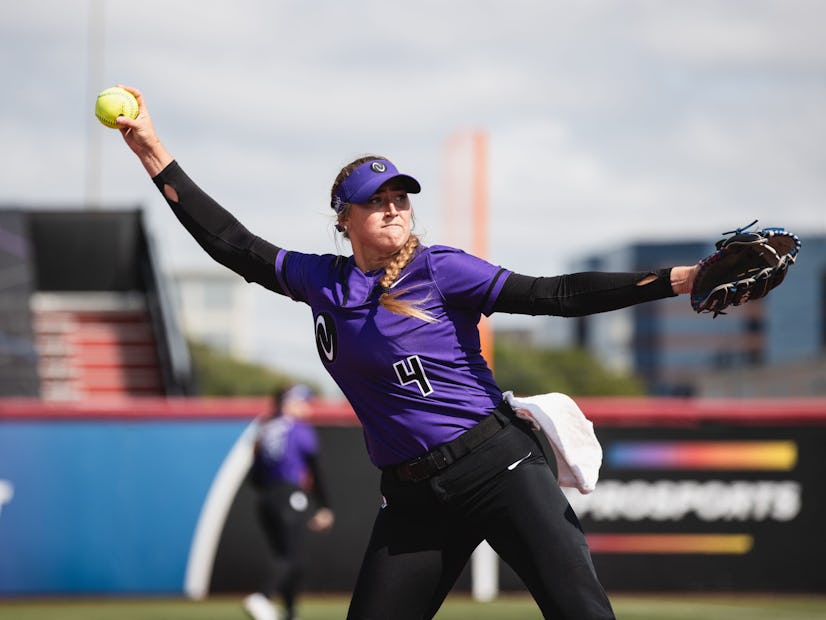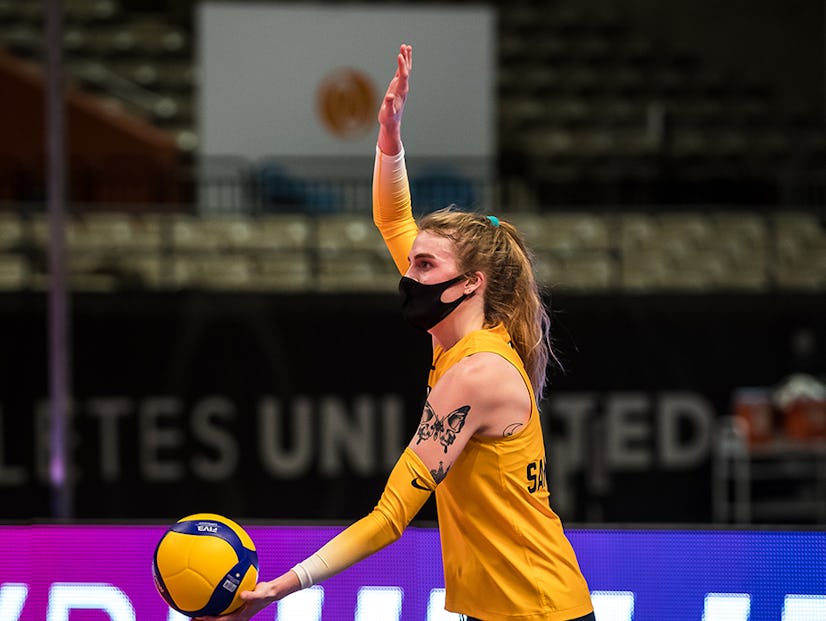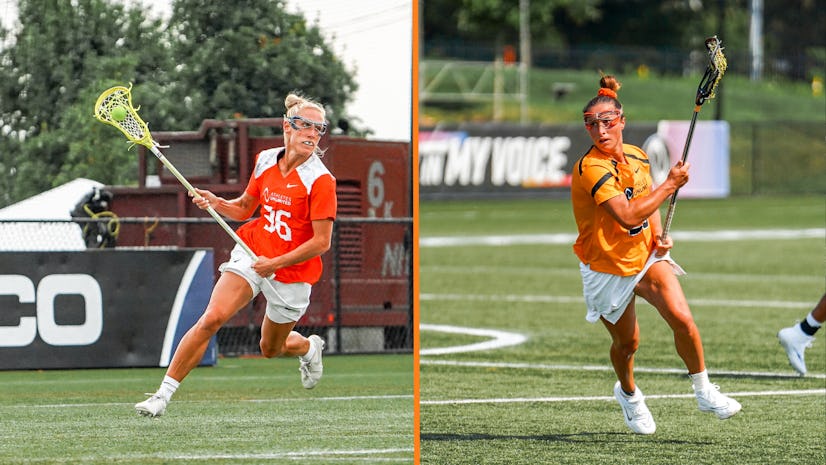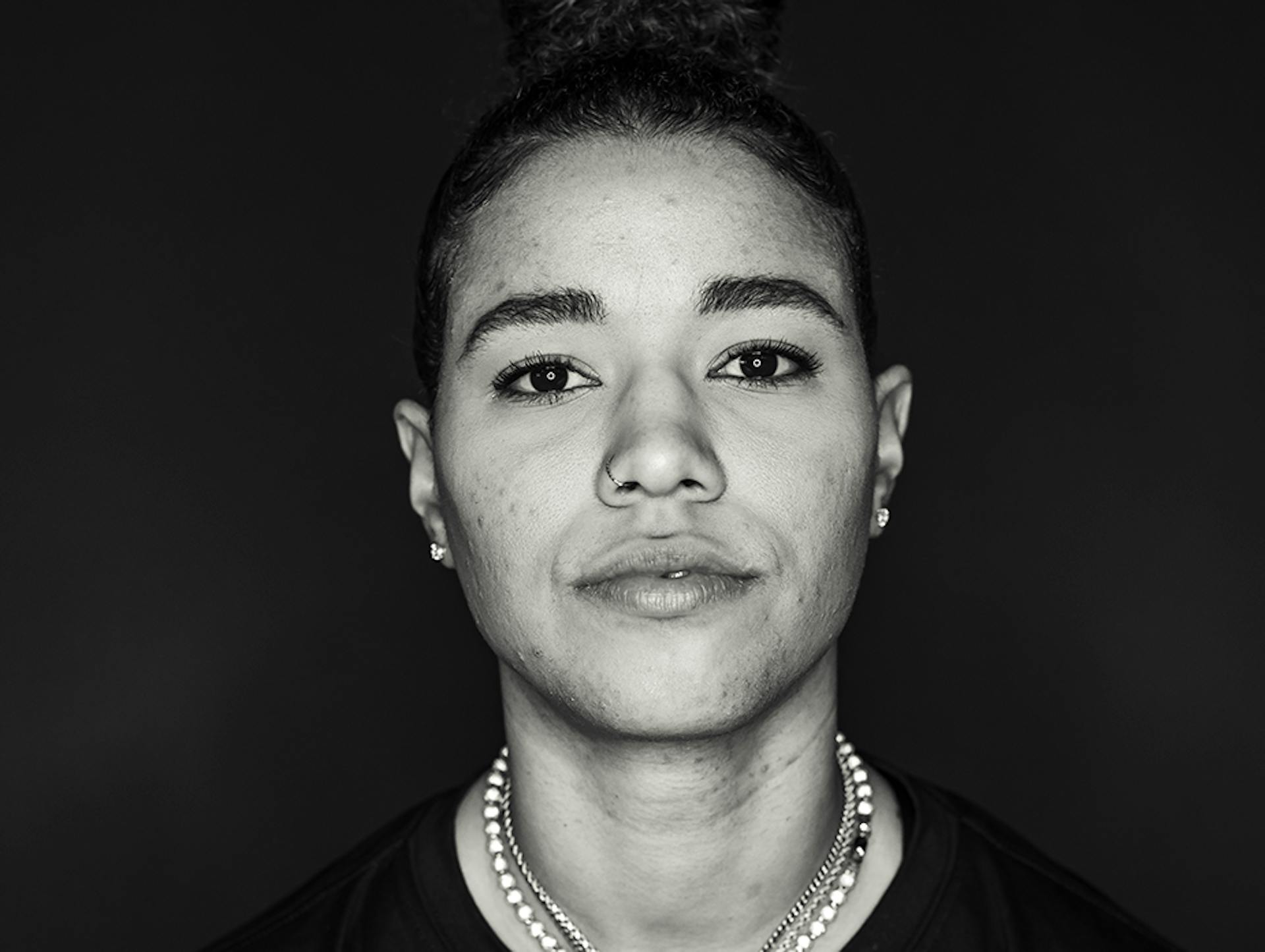
Natasha Cloud shares the importance of a platform, accountability and the education of Black History
As we celebrate Black History Month with Black History Unlimited, Natasha Cloud shares the importance of using your platform, accountability and the education of Black History.
How can other sports look at basketball as a model for inclusivity within athletics?
Natasha: I think sports in general have a way of bringing everyone together. Regardless of your race, religion, sexual preference or orientation, etc.; it’s a universal language. Basketball though is one of the most diverse sports with at least 80% of players being Black/Brown. It’s a beautiful thing to see that you don’t necessarily get in other sports.
The basketball community has had some of the most outspoken athletes in recent years. Can you talk to us about the importance of using your platform and making your voice heard, especially on issues close to your community?
Natasha: I think for too long athletes looked at the eyes and lights on us 24/7 as a magnifying glass; wanting to be out of the spotlight and not wanting to ruffle feathers. I think our generation of athletes understands our responsibility to our communities. We understand the power of not only our individual platforms, but most importantly our collective platforms and the ability that we have to continue to shed lights on issues that plague our own communities. When I take my jersey off after every game I am no longer Tasha Cloud the professional basketball player. I am Tasha Cloud, a Black bisexual woman. For those things I am seen as a threat, as less than, as disposable. By not speaking on the issues that make up the intersectionality of me, I’d be doing a disservice to a lot of people that look and identify with the same things I do. I truly believe God blessed me with this platform with an intention to help people.
Did you grow up with any role models, whether in sport or outside of it, that looked like you? If so, how impactful and important was that to your success?
Natasha: I come from a family of strong, outspoken, intelligent protective but nurturing women. I think my first role models were people that I saw everyday. They instilled such strong morals and values in me from a young age. And then when I got to the W I feel like the same thing happened. I was surrounded this time, though, by strong, intelligent, independent, outspoken, protective but nurturing black women. And that allowed me to truly find myself and my voice.
What is one way we can continue to push for more progress and historical knowledge of Black history year-round?
Natasha: One: Stop creating legislation that takes America’s TRUE history out of schools; it’s a way to continue the number one terroristic threat to this country which is white supremacy. Two: Implement actual Black history teachings in our schools.
For me it’s all about education. If we don’t teach America’s true history, from the very beginning, then we will never be able to truly move forward. Until we acknowledge our failures and shortcomings, we won’t ever be able to grow.
It’s like being in a bad relationship, right. If I treated my ex like shit and they left me, how do you continue to go into all your next relationships the same? You’re going to have the same outcome of being dumped every time. But if I take accountability for my actions, my toxicity, my selfishness, my abuse, my privilege and actively work to change those flaws about myself… I won’t be perfect, but I’ll be growing.
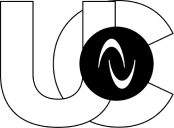
Join the Unlimited Club
Unlock exclusive benefits with your FREE membership
Benefits
- Follow Your Favorite Sports
- Enjoy Virtual Fan Events
- Chat on the Community Board
- Vote for Game MVP, Seasonal Awards
- Play in the AU Fantasy League
...and more
